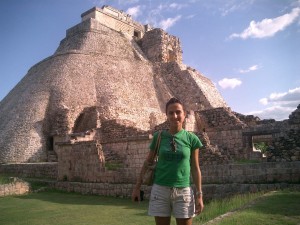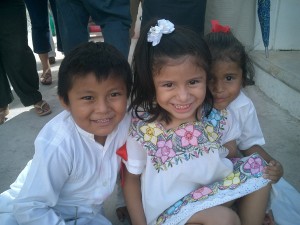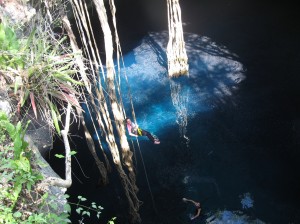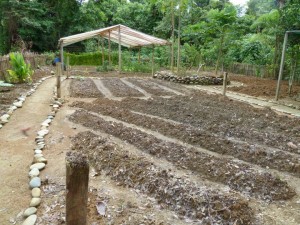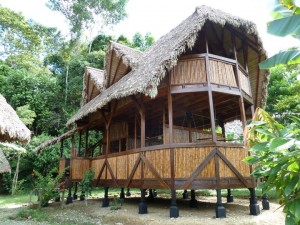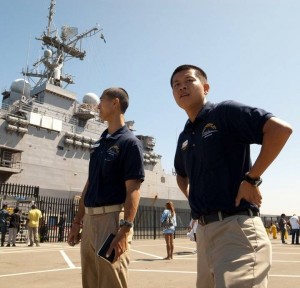
Diewitt Duong and Eric Wang, about to board the Cleveland
Name, Age: Diewitt Duong, 22
University, Major: UCSD, Human Biology
Type of Work: Medical/Public Health, Education
Region: North America
Length of stay: Over two years with PDS, seven weeks with Pacific Partnership 2011
Tell us about the nonprofit/social business you work for:
I volunteer and work with the University of California, San Diego Pre-Dental Society and Free Dental Clinics. I attend weekly PDS meetings and I manage our Downtown clinic location on Wednesday nights. At our clinics, we provide free comprehensive care to uninsured low income families, veterans, and homeless individuals.
This past summer, I had the opportunity through UCSD PDS to spend seven weeks on a US Navy greyhull ship, participating in the US Navy’s annual humanitarian mission, Pacific Partnership 2011. The main focus of UCSD PDS’s involvement in this year’s mission was to be dental and health educators.
How did you find your position?
I begun attending UCSD PDS meetings through a mutual friend and stayed because of all of the interesting lecturers that we have speak to our club. We’ve had congressmen and women, surgeon generals, deans of dental schools, forensic experts, and others and I’ve realized how wide the scope of the dental field is. Through UCSD PDS, I began to volunteer as a dental assistant and x-ray technician with the Free Dental Clinics, gaining exposure and experience in being a dental assistant and I applied to participate in PP11 through UCSD PDS.
What’s your typical day like?
On Wednesday nights at the clinic I manage, I and my co-manager work to make sure that the clinic we run has an environment that is efficient, safe, and professional. We ensure that the volunteer dentist has all of the instruments and supplies that they need to provide treatment, our patient’s needs are being addressed, and that our volunteer students are being as helpful as they can be. Work outside of clinic takes about 3 hours and a clinic night can last 6 hours.
On the ship, my workday would average about 17 hours. I would wake up at 0430, get on shore at 0800, work on site from 0900 to 1500, get back on and and eat dinner by 1700, do offshore work until 2100, at which time I would go to sleep. (Though there was a rough six day stretch where I averaged 4 hours of continuous sleep in a day.)
What kind of people do you work with?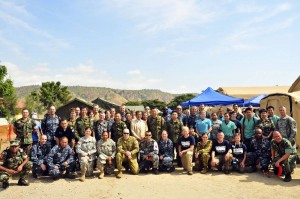
At the clinics, I work with other UCSD and local college students who are all interested in dentistry as a career and profession. I also work with dentists from around San Diego who volunteer their time on average once a month. We also have wonderful staff who help maintain the surrounding facilities.
On the ship, I worked with US the Navy, Army, and Marines. We also had a wonderful contingency from the Australian, Canadian, Malaysian, French, and Spanish armed forces.
What are your living accommodations?
For the clinics, I live in your ordinary UCSD student apartment housing.On the ship I lived in enlisted berthing area, with a small bunk and a community head.
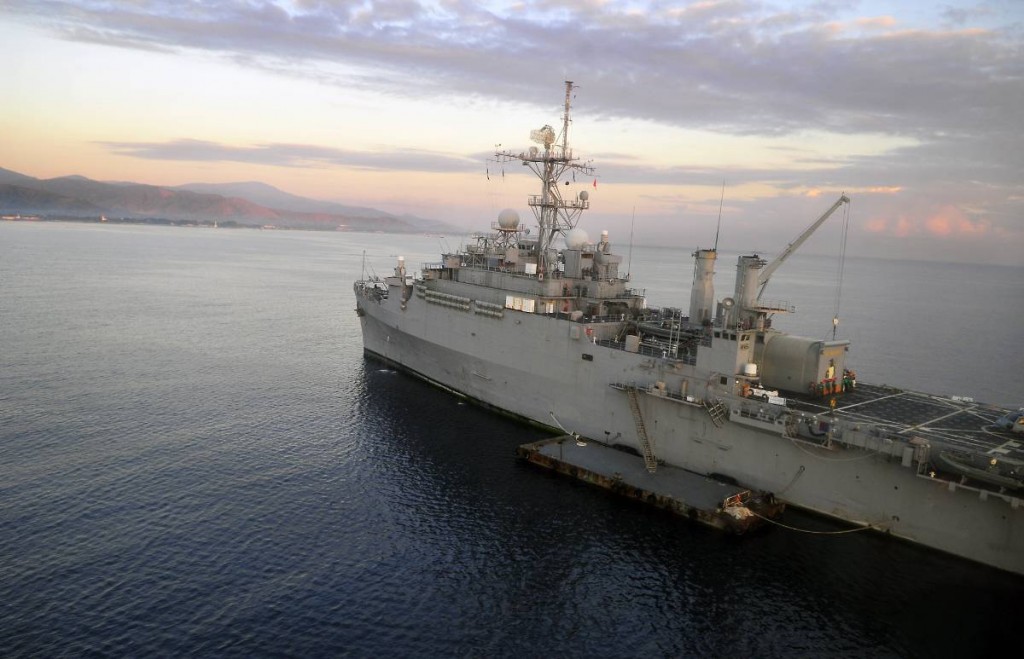
What do you do in your free time?
In my free time, I like being outdoors. I enjoy playing and watching sports of all sorts (especially football and tennis). I am also a diehard fantasy football player (curse you jamaal charles!)
Share a favorite memory or story from your experience!
On PP11, we had a patient in Timor Leste who had two fused molars which were causing her extreme pain. The process of extracting both molars required the teamwork of both a US Navy dentist and a Japanese Army dentist. They spent about an hour extracting the teeth in a fantastic example of international forces joining together to provide essential humanitarian aid for those who most need it. Truly inspiring.
What inspired you to do this kind of work? If you are taking a gap year, what motivated you to do that?
I was interested in dentistry and UC San Diego just happens to have one of the best pre-dental societies in the nation. You get exposed to multiple facets of dentistry and healthcare. Going on Pacific Partnership was a once in a lifetime experience that I just couldn’t pass up. I hope to participate again in PP12!
How are you financing your time?
I work part time with UCSD and I have personal savings and parental support.
What kind of special skills do you need to do your job?
Medical expertise
Do you feel like you are making a positive, critical impact on the global community?
I feel like I am making a positive, critical impact. We were teaching nurses, teachers, families, teenagers, and children how to take care of their teeth and overall hygiene. We were exchanging essential information that will lead to sustainable growth. The overall dental and overall health of these regions will improve over time and only strengthen their overall growth.
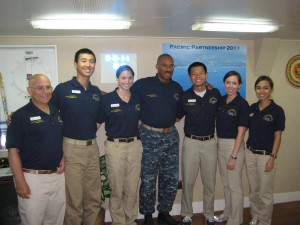
What have you learned about the nonprofit and social business world in your experience?
I have learned that if you don’t ask for something, you will never get it. Before 2006, there were never civilians working on US Navy vessels on humanitarian missions. The adviser to the UC San Diego’s Pre-Dental Society worked very hard to get UCSD PDS to be on the first Pacific Partnership mission in 2006 and ever since then we have opened the doors for other non-governmental organizations to work with the military.
How do you see this experience fitting into your long-term goals?
All of this experience in dentistry has only advanced my plans. I have experienced and witnessed first hand the access to care issue in not only third world countries, but also locally, in a city as great as San Diego. I know that when I eventually go and graduate from dental school, I will give back to my community and I will continue to volunteer where I can. There are many who need and deserve dental care who simply can’t afford it. Dental pain, infections and mission teeth impair one’s ability to learn, to work, and to live. I view that health professionals have an obligation to provide their services back to their community.
What’s next?
Dental school is my next eventual goal. Between that, I am continuing to manage one of UCSD’s Free Dental Clinics and working with UCSD PDS. I also plan on working with Pacific Partnership 2012, possibly embarking in the mission this summer.
Do you have any advice for prospective gap-givers?
Give back to your community! Volunteer where you can to help out those less fortunate. Your experiences can humble you and make you aware of the need that is around you.
Are you blogging about your work or travel? How can we stay in touch?
You can reach me at diewittduong@gmail.com and also keep in touch with what University of California, San Diego’s Pre-Dental Society is up to at fdc-pds.ucsd.org.
Would you be willing to take questions from potential Gappers?
Yes.
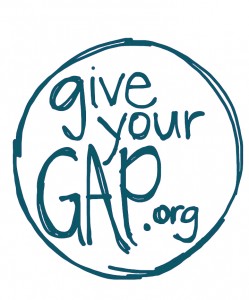
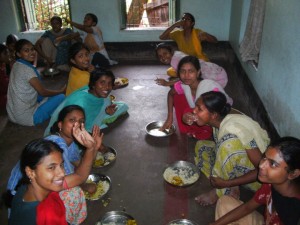
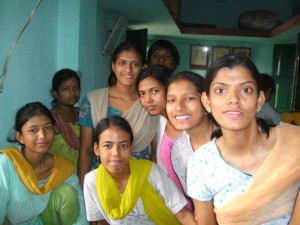
![]()


